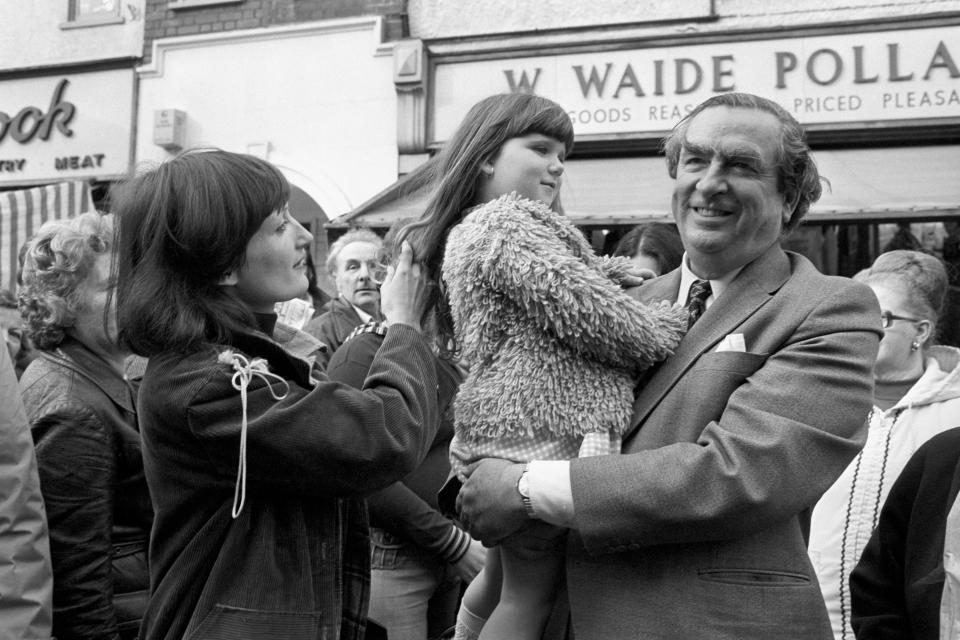Coronavirus: UK incomes suffer biggest drop in half a century

Average incomes in Britain have taken their biggest hit in almost half a century.
The Resolution Foundation warned the squeeze was not over, estimating 6 million households face a £1,000 ($1,252) hit as government crisis support is cut next year.
Its analysis suggests working-age households have seen their incomes crash by 4.5% since the crisis began, with many employers axing staff and pay. Separate data from HSBC published on Monday suggests UK firms report being hit harder by the pandemic than many other countries.
The squeeze marks the biggest annual decline in incomes since the mid-1970s, when the UK economy was reeling from the oil crisis and rampant inflation. During the global financial crisis in the late 2000s, incomes dropped 2.7%.
The decline comes in spite of wide-ranging government interventions, including income subsidies for 9.4 million furloughed workers and 2.7 million of the self-employed. The government has also cushioned the blow by ploughing £9bn ($11bn) into boosting Britain’s welfare system, after years of cuts.
READ MORE: Average UK wages are falling for the first time since 2014
A new paper by the think tank says low-income couples without children have been particularly hard hit. They are less likely to be eligible for universal credit and more reliant on work for income than the very poorest, according to the foundation, leaving them exposed to job and pay cuts.
The report highlights two looming cliff-edges for large numbers of households’ incomes. It notes surveys suggest more than a million furloughed workers could lose their jobs as the furlough scheme is wound down this year.
A furloughed worker on a £20,000 salary would see their take-home income crash to just 29% of previous pay packets if forced to claim universal credit. That compares with a substantial but far less steep drop to 83% while on furlough for many.
The think tank warns poorer households are most at risk from this “second wave of unemployment,” given almost one in four work in hard-hit retail, hospitality and leisure, where many have been furloughed.
The second cliff edge involves the temporary nature of the government’s crisis support, with its top-up to universal credit benefits due to expire next April. This would leave more than 6 million households facing a sudden drop of more than £1,000 to their incomes, with a stark 4% drop for the lower half of the working-age population.
READ MORE: UK employers have shed almost 650,000 jobs since March
“This would delay any hope of a post-COVID living standards recovery for millions low-to-middle income households,” said the research.
Separate analysis by the Treasury last week showed a £102 a week decline in working households’ earnings from work between February and May. Incomes are down by £67 a week when the government’s furlough and self-employed support schemes, welfare benefits and lower tax bills are taken into account.
Britain had already seen a significant squeeze on real incomes since the global financial crisis as wages and benefits have lagged, only beginning to recover in recent years.
Real pay only exceeded 2008 levels earlier this year when rising prices are taken into account, and has now retreated below them. Higher unemployment may hold down pay growth for some time to come.
“Working people must not pay the price of the pandemic. The government should step in with much greater targeted support to save jobs in hard-hit sectors like retail, manufacturing and aviation,” said TUC general secretary Frances O’Grady.

 Yahoo Finance
Yahoo Finance 